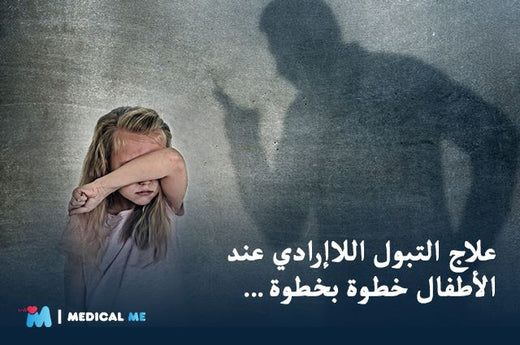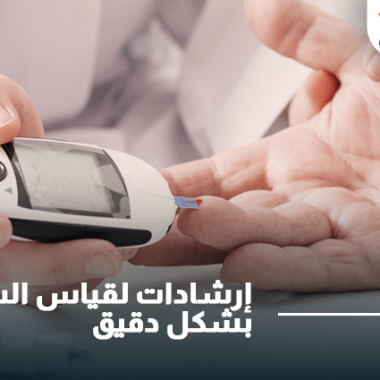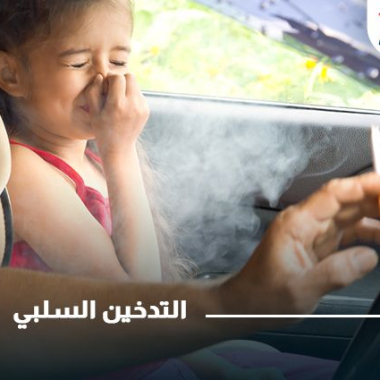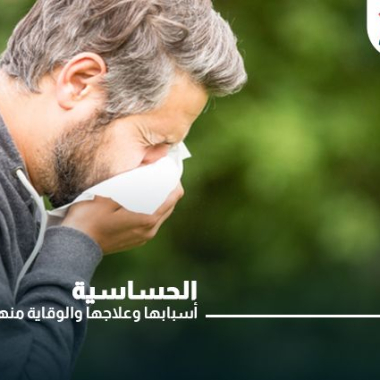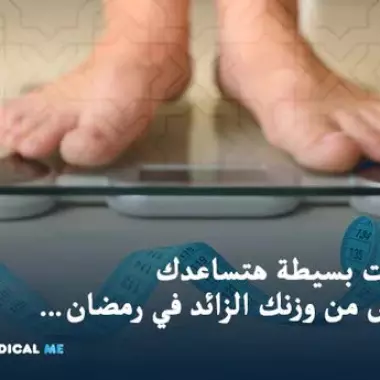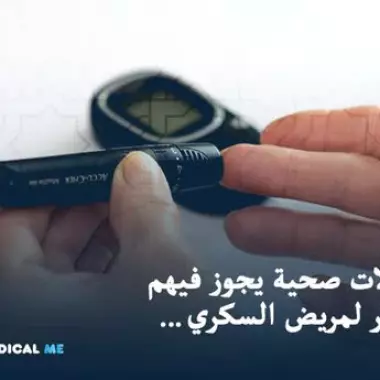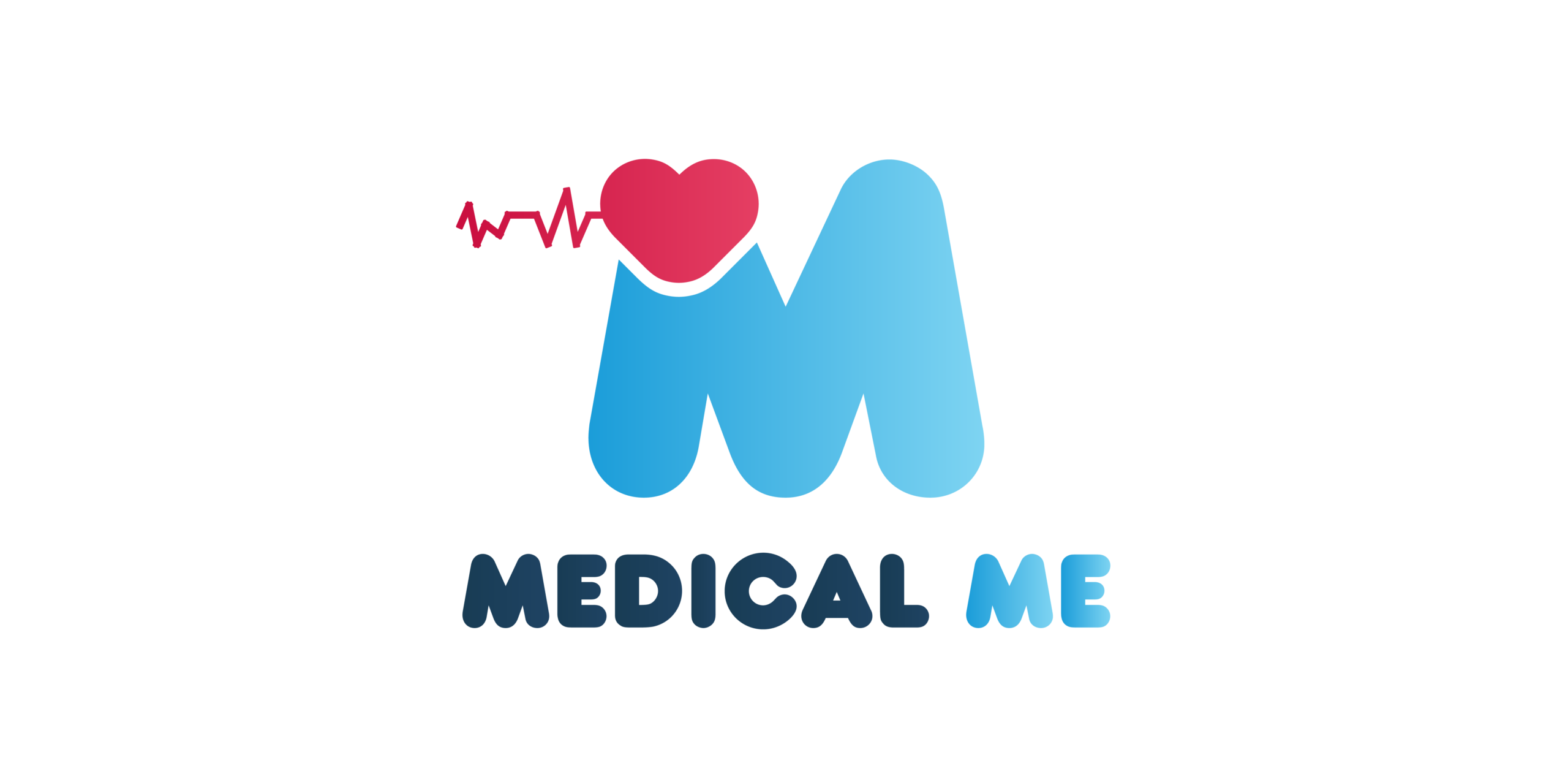When does medical intervention become necessary for the treatment of urinary incontinence in children, and when may the problem be treated at home?
Diaper-free training often begins at age (2) but can begin earlier or later depending on the child’s response and the mother’s level of preparedness. Involuntary urination is a concern for parents when their child has been diaper-free for a significant amount of time (months) but suddenly starts to have urinary incontinence after this stage.
Below, we will discuss the treatment of involuntary urination in children in further detail and note that the issue of enuresis in children at night is not essential if the child is still under 5-6 years of age.
Five-year-old children had an incidence of involuntary urination between 15-20%, seven-year-olds at 7%, and ten-year-olds at 5%. Approximately 2% to 3% of adolescents (12-19 years old) experience episodes of uncontrollable urinating.
Types of children’s urinary incontinence
- Daytime urinary incontinence is the occurrence of daytime dampness.
- Nighttime urinary incontinence: is the most common type of involuntary urine in children. When wetness occurs during sleep, it is known as clinical wetness.
- Primary involuntary urination: This type of enuresis happens throughout periods of learning to remove diapers in children younger than 7 years of age.
- Secondary involuntary urination: This type occurs after the total elimination of diapers in children older than 7 years.
Causes of urinary incontinence in Children
Although the incidence of nocturnal urinary incontinence in the majority of children is due to an unknown cause, there are a number of factors that may be key culprits, including:
- The child’s exposure to stress and psychological strain (anxiety).
- ADHD children.
- Hormone disorders antidiuretic (ADH) Hormone.
- Small urinary bladder capacity.
- Chronic constipation; as a result, the child’s urine bladder is under pressure.
- Infection of the urinary tract.
- If the child suffers from diabetes.
- A deep sleep that suppresses the sensation of a full bladder.
- Consumption of plenty of fluids, especially diuretics such as coffee.
- The repeated contraction of the urinary bladder of the youngster.
- To not use the restroom appropriately for any reason.
- Do not empty the bladder completely during urination.
- There is a birth defect in the urinary tract system of the infant.
- The genetic element and the existence of positive family history.
Causes of sudden urinary incontinence in children
Most likely, the primary cause of sudden involuntary urination in children is either a physiological or psychological cause. The physiological cause may be an infection, whereas the psychological cause may be the occurrence of a death in the family, parental separation, sudden relocation from the residence or school, or something that drastically alters the child’s normal daily lifestyle.
How can the severity of children’s enuresis be diagnosed?
The severity of a child’s uncontrollable urination can be diagnosed by answering the following questions:
- Does a family member experience involuntary urinating, indicating that the cause is genetic or inherited?
- How old is the child?
- What type of involuntary urination does the child have, and does it occur during the day or at night?
- The frequency of urinating throughout the day or night.
- The amount of fluids consumed by the youngster overnight.
- Is the child experiencing discomfort or a burning sensation during urination?
- Is the child experiencing constipation? Is this a case of chronic constipation?
- What color is urine, and does it bloody?
- Has the youngster experienced any stress or trauma in the recent past?
Some medical tests, such as a urine and blood analysis to see if there is an infection or diabetes, can also aid in making a medical diagnosis.
Treatment of children urinary incontinence
The treatment of involuntary urination in children is contingent upon an accurate diagnosis, as this adds to the understanding of the underlying cause and consequently the application of the appropriate treatment strategies.
Especially in young infants, involuntary urination in children is addressed automatically without intervention. The following are treatments for uncontrollable urinating in children:
- Non-excessive liquid consumption, particularly at night, contributes to the efficacy of treatment by regulating liquid consumption.
- Avoid all sources of caffeine, including soft drinks, soda, tea, coffee, and chocolate.
- To remove children from stress and psychological pressure and contain them in order to prevent psychological catastrophes.
- Control of nighttime alert to urinate for the treatment of involuntary urination in children younger than (4) years old. Setting the alarm twice during the night is one of the most effective treatments for children who urinate involuntarily while sleeping.
- Use of a moisture detector: These gadgets feature a moisture-sensitive thickness proportional to the child’s clothing and emit a bell when they detect moisture. This is one of the most successful treatments for uncontrollable urination in patients aged 11 and older, and somewhat younger.
- Adolescents can be treated for urinary incontinence by supporting them with Kegel exercises, which involve training and strengthening the bladder muscles. Knowing how to perform Kegel exercises click here.
- Consume high-fiber foods and avoid sweets, caffeine, and processed juices.
Medical treatment for urinary incontinence
- Antibiotics: If the cause of involuntary urination is the presence of a pathogen in the urinary system, antibiotics are administered.
- If the cause is chronic constipation, please consult a physician about suitable treatment and contain your child during the treatment period.
- If the cause is a deficiency in anti-diuretic (ADH) hormone, the doctor may prescribe hormone-stimulating medications.
- As for the treatment of involuntary urination at the age of 12, in certain situations, doctors prescribe desmopressin (DDAVP) or other tablets that inhibit the production of urine throughout the night. This medication is not administered permanently to children younger than 5 years old. It is not used if the child has a fever or is vomiting, and medical care is recommended.
- If the cause is rapid and abrupt bladder muscle contractions, the doctor may give anticholinergic medications. This medication contributes to enhancing the bladder’s capacity and lowering contractions, although the use of medication should be considered a last solution.
Tips for treatment of enuresis in children
The following advice will help you control the period of involuntary urinating in children.
- Respect for the child and understanding that what occurs is not his or her choice. There is no need to yell at him/her or blame him/her for what transpires.
- Ensure that your youngster cannot skip the stage without your assistance. Always assist.
- Encourage even minute improvements.
- Request the child’s assistance in washing his/her clothes by personalizing, motivating, and praising a cleaning bowl.
- Utilize bed pads or diaper bedding to preserve the cleanliness of furniture and mattresses.
- Resolve the child’s psychological issue if the underlying cause is psychological and not a lack of access to a psychiatric doctor or behavior specialist.
For Diapers for aldose press here
Read Also:
